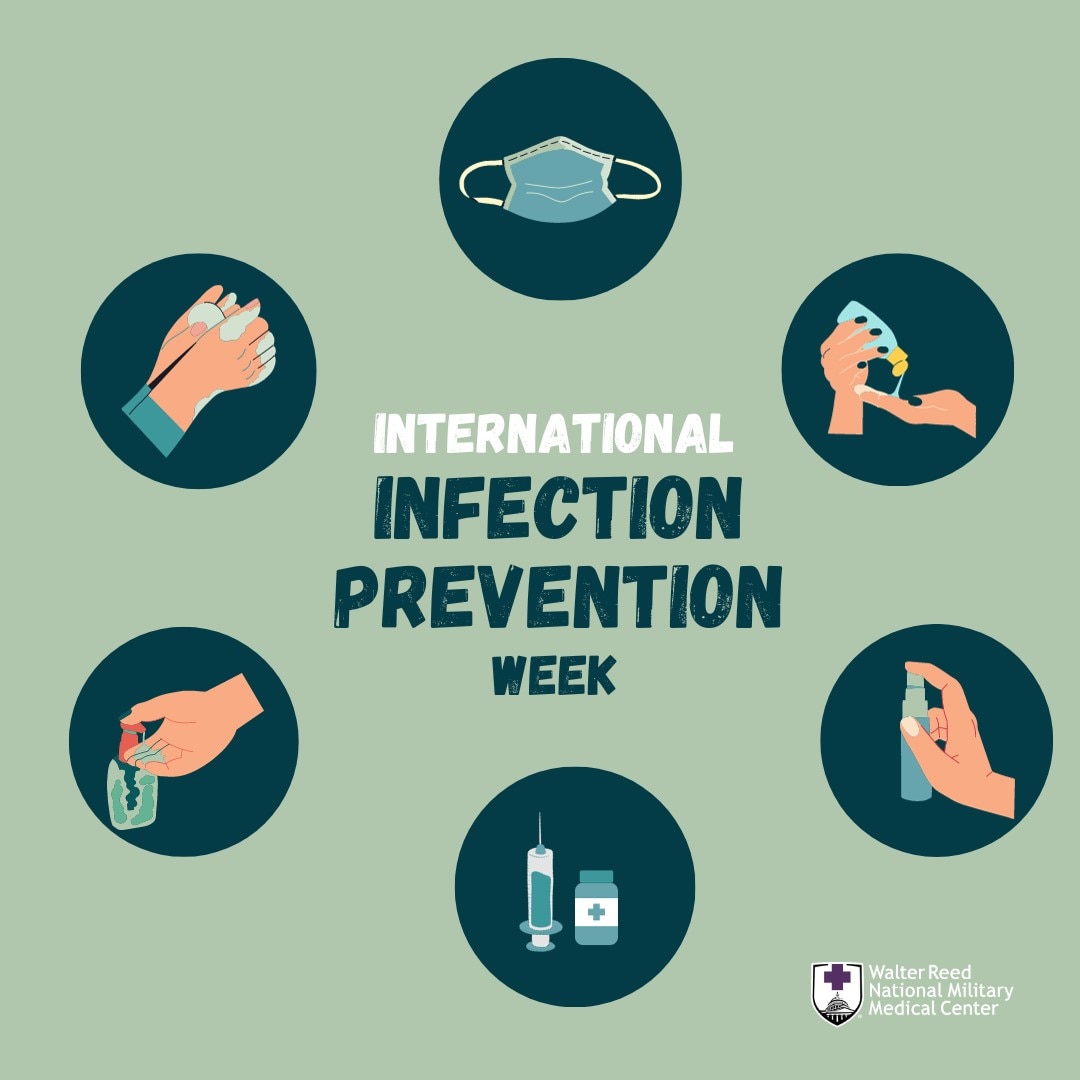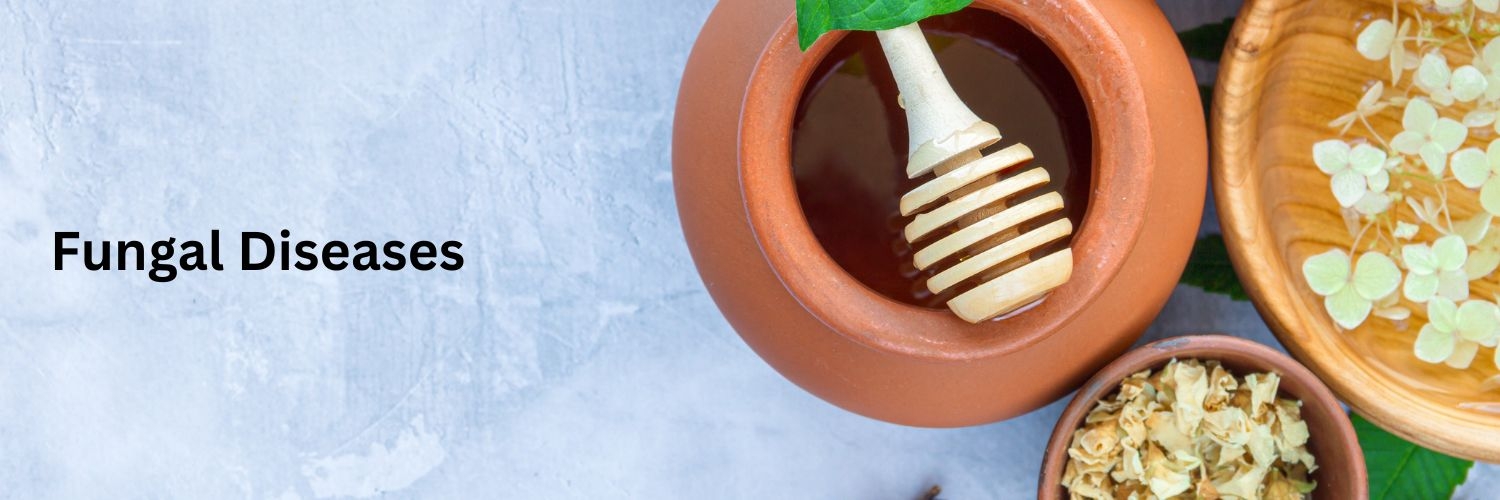Fungal infections are a common health issue that can affect the skin, nails, and other areas of the body. They thrive in warm, moist environments and are often caused by poor hygiene, excessive sweating, or weakened immunity. Identifying these infections early and addressing them with effective treatments can prevent complications and discomfort.
This guide provides practical insights into spotting fungal infections and managing them at home with simple remedies and over-the-counter solutions.
Recognizing Fungal Infections: Common Symptoms and Types
1. Skin-Related Infections
Skin infections caused by fungi include athlete’s foot, ringworm, and jock itch. These are typically characterized by visible changes to the skin’s texture and color.
:max_bytes(150000):strip_icc()/Health-skin-infections-7968751-final-307bd86f404c47eab1d8ab88e8a72a6b.png)
- Symptoms: Red, scaly, or flaky patches; intense itching; and irritation.
- Common Causes: Prolonged dampness, tight clothing, or contact with contaminated surfaces.
2. Nail Fungal Infections
Fungi can invade fingernails and toenails, causing a condition known as onychomycosis.
- Symptoms: Thickened, discolored nails that may become brittle or crumbly.
- Risk Factors: Walking barefoot in communal areas or wearing sweaty socks for extended periods.
3. Candida Overgrowth
Fungal infections caused by Candida, such as oral thrush or vaginal yeast infections, occur when this naturally occurring fungus multiplies unchecked.
- Symptoms: White patches in the mouth, soreness, or unusual discharge.
- Triggers: Antibiotic use, hormonal imbalances, or a weakened immune system.
4. Scalp Infections
:max_bytes(150000):strip_icc()/scalp-conditions-5186741-FINAL-d8d55d90d26a4a1cbe7c2f3f3e6d0723.jpg)
Fungal infections of the scalp, like tinea capitis, are particularly common among children.
- Symptoms: Itchy, scaly patches on the scalp, sometimes leading to hair loss.
- Cause: Direct contact with infected individuals or sharing personal items.
Home-Based Treatments for Fungal Infections
1. Over-the-Counter Antifungal Products
Numerous topical solutions are available to treat mild fungal infections.
- Creams and Ointments: Products containing clotrimazole or miconazole are effective against skin-related infections.
- Nail Treatments: Antifungal nail lacquers can help address mild nail fungus.
- Powders and Sprays: Ideal for athlete’s foot and other conditions involving moisture.
2. Natural Remedies
For mild infections, natural solutions can provide relief.
:max_bytes(150000):strip_icc()/VWH_Illustration_Yeast-Infection-Home-Remedies_Illustrator_Jessica-Olah_No-Text_Final-732ac9a17ad44ae08130b422945fcfe0.jpg)
- Tea Tree Oil: Known for its antifungal properties, this essential oil can be applied to affected areas after dilution with a carrier oil.
- Apple Cider Vinegar: Mixing vinegar with water and soaking the infected area can inhibit fungal growth.
- Coconut Oil: Its natural antifungal and soothing properties make it a popular remedy for skin infections.
3. Hygiene Practices to Support Recovery
Maintaining cleanliness is crucial for both treating and preventing fungal infections.

- Drying Affected Areas: Ensuring that areas prone to sweating remain dry is essential.
- Using Clean Towels: Avoid sharing towels and wash them frequently to prevent reinfection.
- Wearing Breathable Fabrics: Loose, cotton clothing can minimize moisture buildup.
Preventing Fungal Infections at Home
1. Improve Personal Hygiene
Good hygiene practices significantly reduce the likelihood of fungal infections.
- Wash hands regularly, especially after coming into contact with contaminated surfaces.
- Dry off thoroughly after bathing, paying special attention to folds of the skin.
2. Manage Environmental Factors
Making minor changes to your living space can discourage fungal growth.

- Use dehumidifiers in damp areas to reduce moisture.
- Wear flip-flops or waterproof footwear in communal areas like gyms or swimming pools.
3. Strengthen Your Immunity
A robust immune system can help your body fight off infections naturally.
- Eat a balanced diet rich in fruits, vegetables, and whole grains.
- Exercise regularly and get adequate sleep to maintain overall health.
When to Seek Medical Advice
Home remedies and over-the-counter products work for many mild fungal infections, but certain cases require professional attention:
- Persistent Symptoms: If an infection doesn’t improve after two weeks of treatment, consult a doctor.
- Severe Infections: Widespread skin involvement or painful nail infections may need prescription medication.
- Underlying Health Conditions: Individuals with diabetes, autoimmune disorders, or compromised immunity should address infections promptly to avoid complications.
Lifestyle Adjustments for Long-Term Prevention
Addressing fungal infections effectively requires more than immediate treatment; preventing future issues is just as important.
- Foot Care: Regularly change socks, use antifungal powders, and avoid wearing damp footwear.
- Skin Care Routine: Incorporate antifungal soaps or washes into your routine, particularly in hot or humid weather.

- Healthy Living: Reduce sugar intake, as high sugar levels can encourage fungal growth, especially in Candida infections.
Debunking Myths About Fungal Infections
- Myth: Only dirty environments cause fungal infections.
- Truth: While hygiene plays a role, fungi can thrive in clean but humid spaces.
- Myth: Fungal infections are not contagious.
- Truth: Many infections, such as athlete’s foot or ringworm, are highly contagious through direct or indirect contact.
- Myth: Fungal infections are rare.
- Truth: They are among the most common infections globally, affecting millions annually.
Emerging Treatments and Research
Advancements in dermatology are continually improving how fungal infections are treated:
- Probiotic Therapy: Research suggests that probiotics can help restore balance in the body, reducing the risk of fungal overgrowth.
- Laser Therapy for Nails: A modern approach for treating nail fungus with minimal side effects.
- Next-Generation Antifungal Drugs: Scientists are developing medications targeting drug-resistant fungal strains.
Conclusion
Fungal infections can be frustrating, but with proper identification and effective home treatments, they are often manageable. Early intervention using over-the-counter antifungals, natural remedies, and improved hygiene can significantly improve recovery outcomes. By taking preventative steps and maintaining a clean, dry environment, you can reduce the chances of recurrent infections.
If you found this guide helpful, explore more health tips and remedies on our website. Share your experiences or questions in the comments—we’d love to hear from you!

Leave a Reply